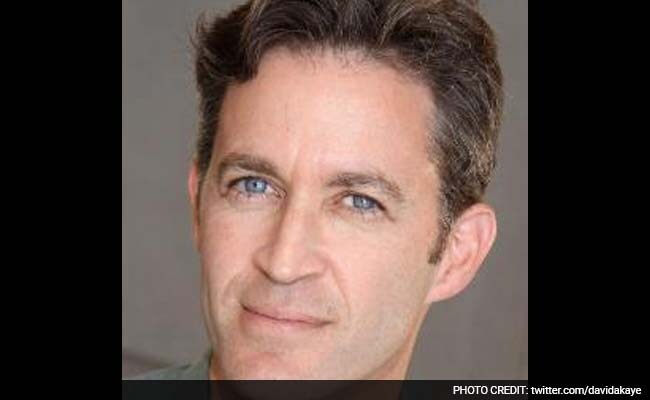
United Nations:
Journalists and whistle-blowers facing threats or retaliations for their work in the public interest can reach out to him for help, a top United Nations official dealing with freedom of expression said.
David Kaye, the UN special rapporteur for freedom of expression, said that whenever journalists or whistle-blowers felt threatened, they can contact him directly or through non-governmental organisations. He would look into their complaints and, if these are genuine, his office would take up the cases with the governments, he said.
Speaking to reporters here Thursday, Mr Kay said that the fact someone is watching them can put a brake on retaliations by governments.
Mr Kay, who is with the Office of the UN High Commissioner for Human Rights in Geneva, was a law professor at the University of California at Irvine.
He said the disclosures by whistle-blowers, who often are the sources for journalists, are important in safeguarding human rights and in fighting corruption.
He said the definition of journalists should be broadened to include bloggers, citizen journalists, non-governmental organisation (NGO) researchers, authors and academics as they are all now important sources for informing the public.
While conceding that some information may deserve special protection, he said that when their disclosure is in the public interest the punishment should not be disproportionate. It is important in the public interest to encourage whistle-blowers, he added.
But speaking at the General Assembly earlier, Kay said, "States may restrict access to information in specific areas and narrow circumstances, yet the disclosures of information relating to human rights or humanitarian law violations should never be the basis of penalties of any kind."
Kay presented to the General Assembly a report focusing on whistle-blowers and sources of information that accused governments and international organisations of failing to adequately protect whistle-blowers.
David Kaye, the UN special rapporteur for freedom of expression, said that whenever journalists or whistle-blowers felt threatened, they can contact him directly or through non-governmental organisations. He would look into their complaints and, if these are genuine, his office would take up the cases with the governments, he said.
Speaking to reporters here Thursday, Mr Kay said that the fact someone is watching them can put a brake on retaliations by governments.
Mr Kay, who is with the Office of the UN High Commissioner for Human Rights in Geneva, was a law professor at the University of California at Irvine.
He said the disclosures by whistle-blowers, who often are the sources for journalists, are important in safeguarding human rights and in fighting corruption.
He said the definition of journalists should be broadened to include bloggers, citizen journalists, non-governmental organisation (NGO) researchers, authors and academics as they are all now important sources for informing the public.
While conceding that some information may deserve special protection, he said that when their disclosure is in the public interest the punishment should not be disproportionate. It is important in the public interest to encourage whistle-blowers, he added.
But speaking at the General Assembly earlier, Kay said, "States may restrict access to information in specific areas and narrow circumstances, yet the disclosures of information relating to human rights or humanitarian law violations should never be the basis of penalties of any kind."
Kay presented to the General Assembly a report focusing on whistle-blowers and sources of information that accused governments and international organisations of failing to adequately protect whistle-blowers.
Track Latest News Live on NDTV.com and get news updates from India and around the world

